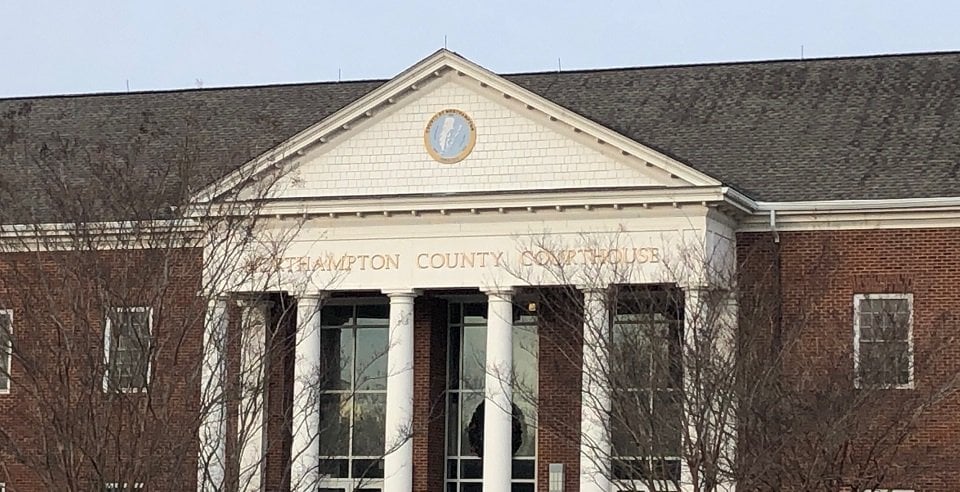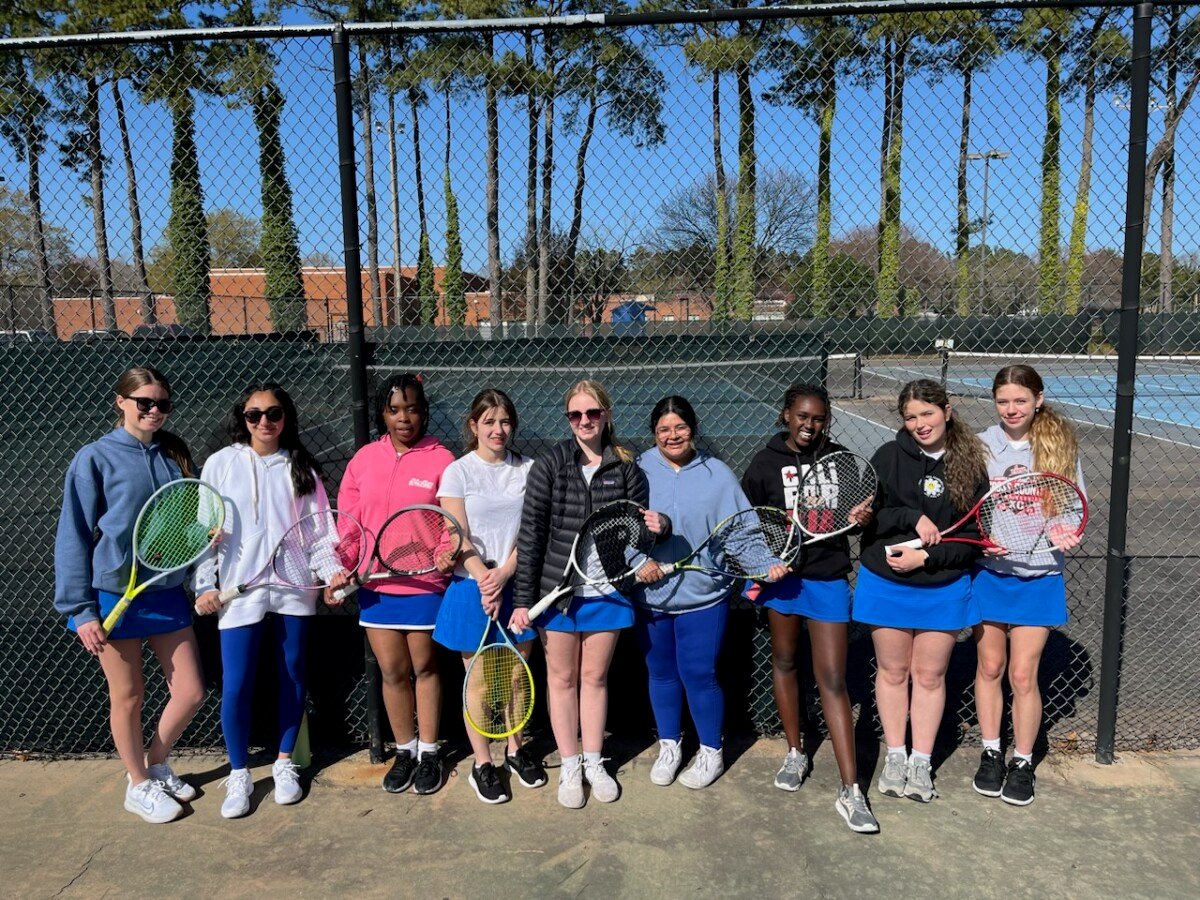Shore Daily News Headlines

Eastern Shore Regional Science Fair a success
Apr. 23, 2024 | Daily News Headlines
Kiggans on aid for Ukraine, Israel & Taiwan: “I Refuse to Sit By as the World Implodes”
Apr. 23, 2024 | Daily News Headlines
‘A big day for Bloxom, Guilford and Parksley’; Lewis invested as Circuit Court Judge
Apr. 22, 2024 | Daily News Headlines
Lighting the Way establishes new Trade School Scholarship
Apr. 22, 2024 | Daily News Headlines
Cool Things Happening on the Shore This Weekend
Apr. 20, 2024 | Daily News Headlines
ESVA Chamber to cut ribbon on new spa in Painter Sunday
Apr. 20, 2024 | Daily News HeadlinesLocal Sports

Monday night baseball and softball update
Apr. 23, 2024 | Local Sports
Arcadia, Northampton, and Nandua compete in the Ken Lampert Invitational at Norfolk Academy on Saturday
Apr. 22, 2024 | Local Sports
Weekly soccer scores
Apr. 22, 2024 | Local Sports
Friday afternoon sports update
Apr. 20, 2024 | Local Sports
Nandua, Broadwater & Northampton compete in Thursday track meet
Apr. 19, 2024 | Local Sports
Wednesday night baseball and softball update
Apr. 18, 2024 | Local SportsObituaries

Judith McDonald Maher of Parksley
Apr. 17, 2024 | Obituaries
Joseph Isaac Linton of Parksley
Apr. 16, 2024 | Obituaries
James Brian Massey formerly of the Shore
Apr. 15, 2024 | Obituaries
William Tyler Colonna, Jr.
Apr. 15, 2024 | Obituaries
Faye Wilfong of Exmore
Apr. 11, 2024 | Obituaries
















